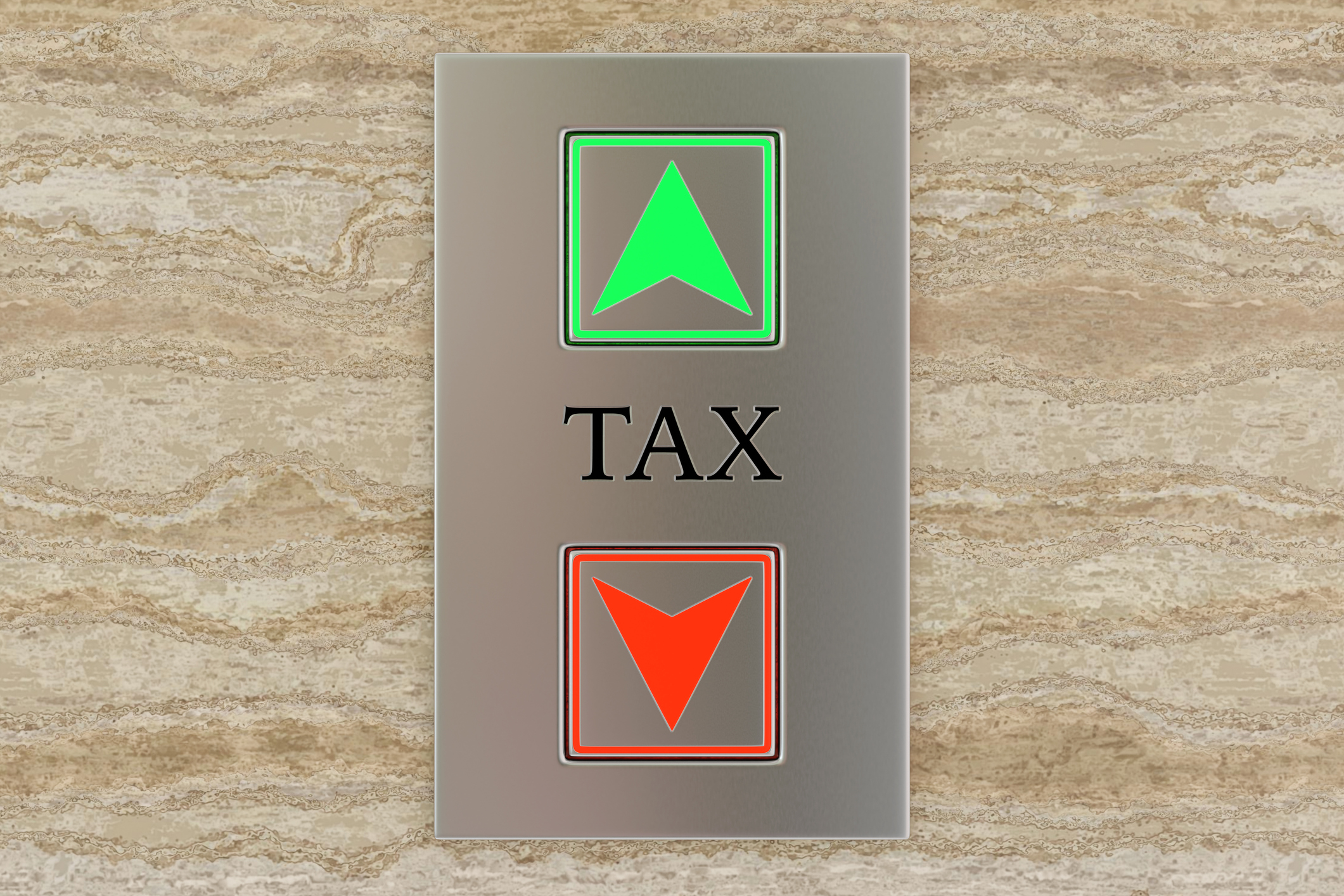IHT receipts rise by £700m in new tax year boost for HMRC – how high could it go?
HMRC has started the new tax year with a 7.2% annual rise in inheritance tax receipts. We explain how to keep the bill down.


Get the latest financial news, insights and expert analysis from our award-winning MoneyWeek team, to help you understand what really matters when it comes to your finances.
You are now subscribed
Your newsletter sign-up was successful
Want to add more newsletters?

Twice daily
MoneyWeek
Get the latest financial news, insights and expert analysis from our award-winning MoneyWeek team, to help you understand what really matters when it comes to your finances.

Four times a week
Look After My Bills
Sign up to our free money-saving newsletter, filled with the latest news and expert advice to help you find the best tips and deals for managing your bills. Start saving today!
More families are falling into the inheritance tax (IHT) trap after the latest government data shows receipts from the controversial levy were £85 million higher in April compared with a year before.
Figures from HM Revenue and Customs (HMRC) show that the taxman received £700 million from IHT payments in the first month of the new tax year, up 7.2% annually.
It comes as rising house prices, high asset values and the frozen IHT tax threshold are increasingly moving more estates into paying the charge.
MoneyWeek
Subscribe to MoneyWeek today and get your first six magazine issues absolutely FREE

Sign up to Money Morning
Don't miss the latest investment and personal finances news, market analysis, plus money-saving tips with our free twice-daily newsletter
Don't miss the latest investment and personal finances news, market analysis, plus money-saving tips with our free twice-daily newsletter
Research by Wealth Club suggests the average IHT bill could increase to £243,000 in the 2023/24 tax year, with more than 31,000 families having to hand over part of their inheritance to the taxman.
HMRC and the Treasury are already thought to be on track for record IHT receipts and it could reach £9.5 billion annually by the end of the decade.
“Contrary to popular belief, inheritance tax doesn’t just affect the super-rich,” says Nicholas Hyett, investment manager at Wealth Club.
“Frozen tax brackets mean many who would not consider themselves wealthy will find themselves falling into the IHT bracket in future. Their standard of living hasn’t changed, indeed inflation means it might have gone backwards, but the government now considers them to be wealthy enough to face inheritance tax.”
Laura Hayward, tax partner at Evelyn Partners, predicts the haul for the Treasury from IHT is likely to escalate in the coming years due to a particular demographic bump.
“As the wealthy baby boomer generation dies off in the next couple of decades, there will be a massive transfer of wealth,” she says.
“Research shows that the older generations have as much as £2.6trillion of equity tied up in their homes.”
How to reduce your inheritance tax bill
You don’t have to wait or wish for reform to reduce yours or your estate’s potential IHT bill.
Money and property can be passed to a spouse IHT-free, while pension savings fall outside your estate so it could be worth topping up your retirement fund.
Hyett warns that “the greatest IHT threat” comes from ISAs, which form part of someone’s estate when they die so could push them over the £325,000 theshold.
“An alternative is to invest in an AIM ISA, a managed portfolio of AIM shares that can be IHT free after two years.,” he says.
“You still get the ISA benefits of tax-free income and growth for as long as you live, but you don’t need to worry about IHT on top.”
You could give more money away while you are alive to reduce any future IHT bill.
Leaving 10% of your estate to charity reduces the IHT tax rate from 40% to 36%.
There are also gifting allowances that let you give away certain amounts of money each year.
“Gifting money or assets to loved ones while you’re still alive is one of the most common ways to reduce your inheritance tax liability,” says Jonathan Halberda, specialist financial adviser at Wesleyan Financial Services.
“Not every gift is exempt, but generally you can give a gift of any value to a spouse or partner, or gifts of up to £3,000 to anyone else, in any one year.
“You can also make regular payments out of your income, which can help stop the value of your estate increasing beyond the £325,000 tax-free allowance.
“But there are limitations: gifts given less than seven years before you die may be taxed, depending on the recipient’s relationship to you and the value of the gift.”
Get the latest financial news, insights and expert analysis from our award-winning MoneyWeek team, to help you understand what really matters when it comes to your finances.

Marc Shoffman is an award-winning freelance journalist specialising in business, personal finance and property. His work has appeared in print and online publications ranging from FT Business to The Times, Mail on Sunday and the i newspaper. He also co-presents the In For A Penny financial planning podcast.
-
 Should you buy an active ETF?
Should you buy an active ETF?ETFs are often mischaracterised as passive products, but they can be a convenient way to add active management to your portfolio
-
 Power up your pension before 5 April – easy ways to save before the tax year end
Power up your pension before 5 April – easy ways to save before the tax year endWith the end of the tax year looming, pension savers currently have a window to review and maximise what’s going into their retirement funds – we look at how